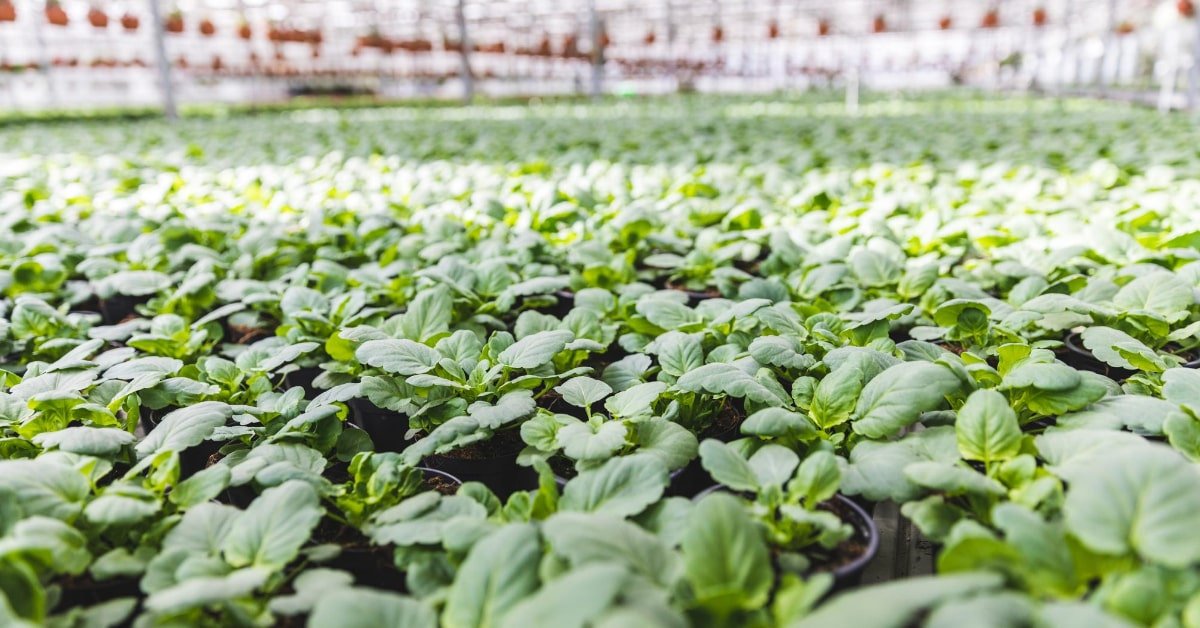Climate change has become a worldwide issue amid this growing population and diminishing resources. The farming industry has witnessed significant pressure universally amid these changes. With the increase in unpredictability, it is not surprising that developers are transforming to advanced technologies. This boosts the efficiency of production eventually and the crop resilience as well.
Recently, the internet of things has become more ubiquitous than ever before. Smart greenhouse automation is a perfect example of this. Your farm will be equipped with modern and communicative sensors to make things easy. Greenhouses automatically grasp information and deliver them 24×7 to the crops and the surroundings. Greenhouse climate control has been analytically optimized with actionable intelligence to open up abnormalities. Read along to know why farming businesses are adopting greenhouse automation.
Increases Fertilization and Irrigation Practices
With a good ambience, smart greenhouse automation allows farmers to shift to the top of crop conditions. It also ensures that fertilization and irritation activities are on par with the rest of the needs of plants cultivated for maximum yields. You can consider measurements taken for soil salinity; it gives worthy insights into fertilization needs. Sprinkler systems and sprayers can also be turned on automatically based on these systems. This addresses real-time demands for the crops while attempting to minimize manual interference.
Avoid Disease and Infection
Crop infection is one of the biggest disadvantages of a farmer. Every outbreak brings a heavy toll on the farmer with crop margins. There are various agrochemical treatments available directly; however, farmers have to know the best time to utilize them. The applications that are taken into account frequently might raise safety, ecological, and monetary concerns.
Improved Security
Greenhouses having valuable crops is an excellent target for thieves. Usually, conventional surveillance networks are not so affordable to implement; thus, many farmers don’t have access to such CCTVs or security systems. On the other hand, IoT sensors are being used in greenhouses. It provides a not-so- expensive infrastructure to regulate door status and identify suspicious activities. They are connected with automated alarm systems for notifying the farmers at the time of any security concern.
Maintain Micro-Climatic Conditions
The IoT sensors are designed in a manner that allows farmers to gather several data points at unregulated granularity. Real-time information on climatic factors comprising humidity, temperature, light exposure, etc., are provided. The data revealed here points out relevant adjustments to lighting settings and HVAC so as to maintain proper conditions. This would facilitate plant growth at the time of driving energy efficiency. Also, these motion sensors assist in identifying doors left open involuntary to reassure for a controlled and regulated environment.
Conclusion
Farming businesses worldwide have undergone massive changes in the past decade. To overcome this and provide controlled environmental customization, greenhouse automation is being used by the farming sector. There are rigorous data monitoring systems for developing specific models to acquire multiple benefits. Some of the reasons why they are adopting greenhouse automation must be known to you to make sense of the optimizing needs.



